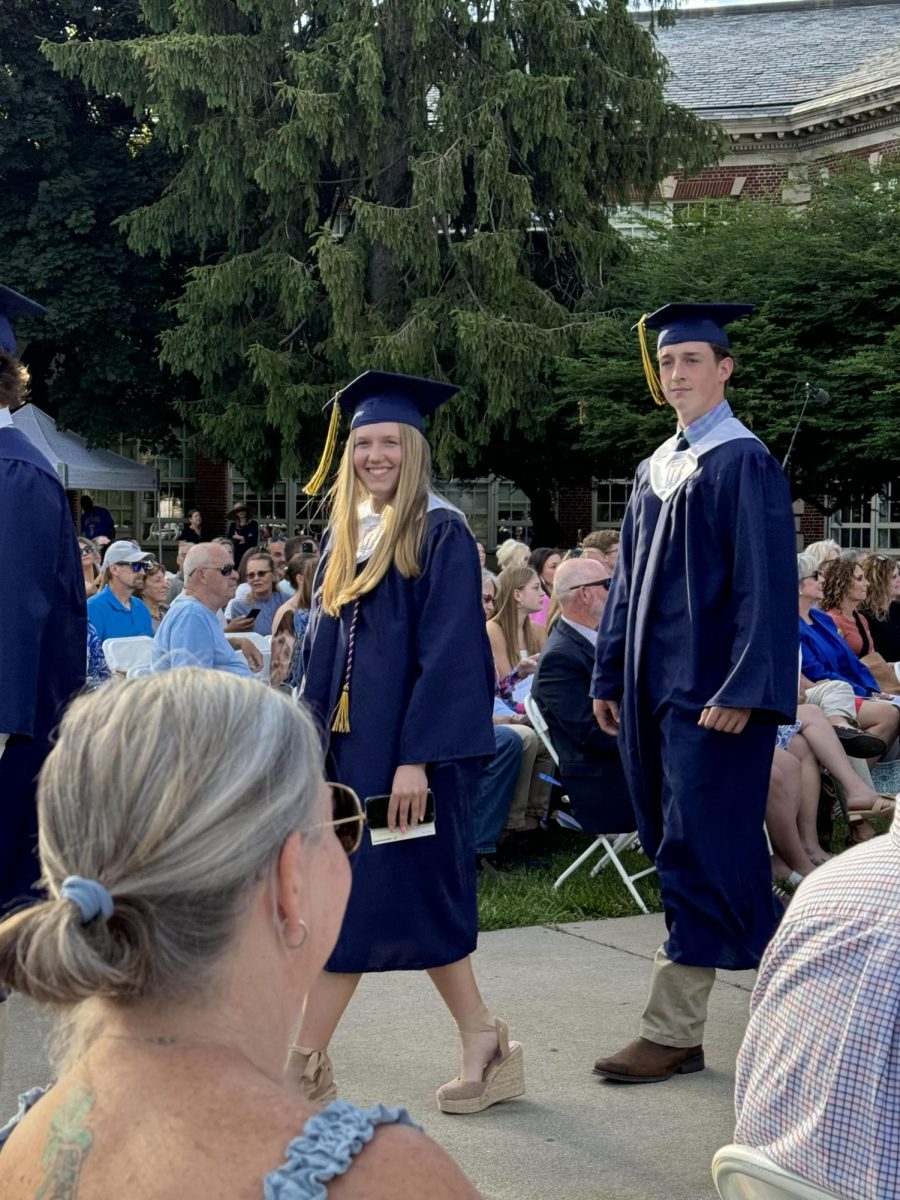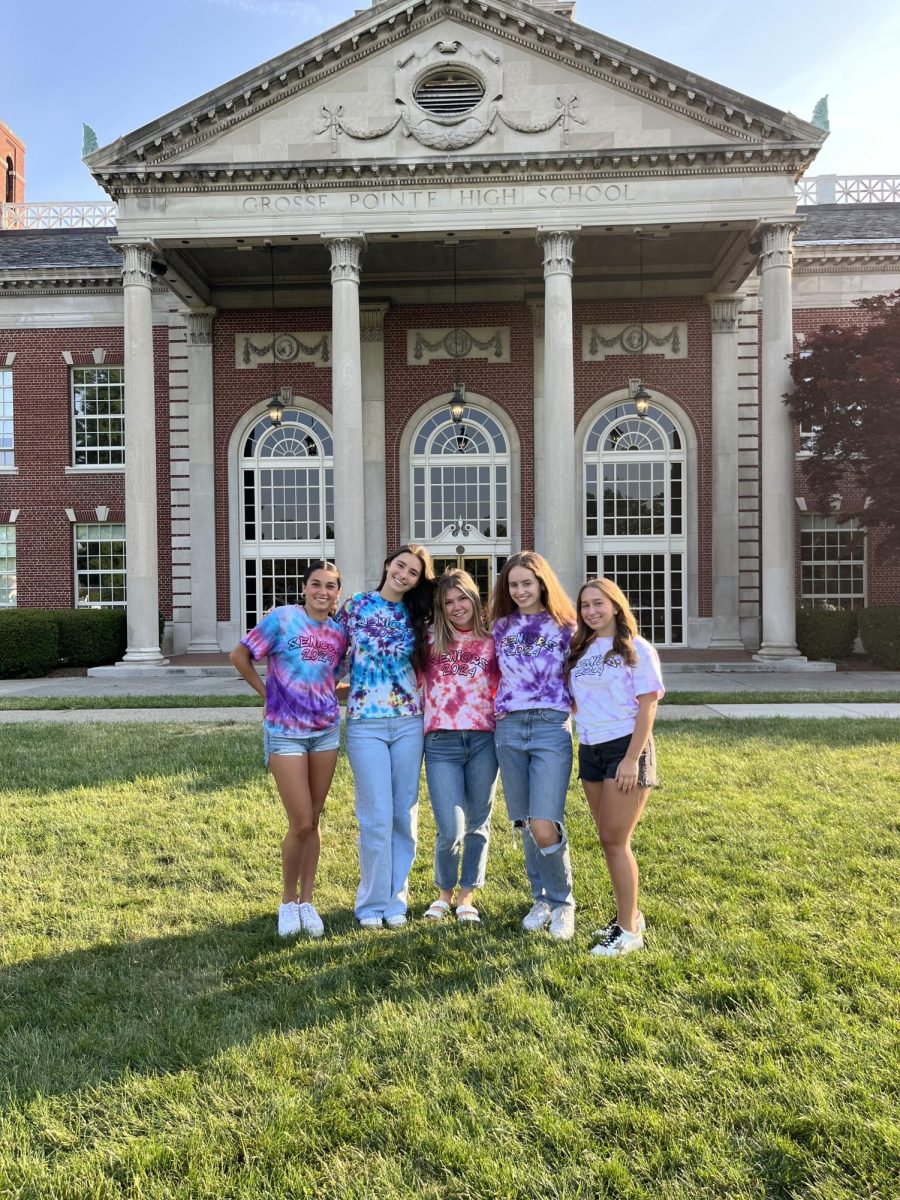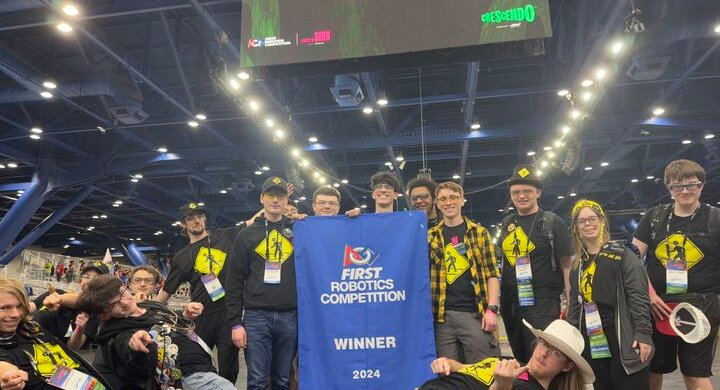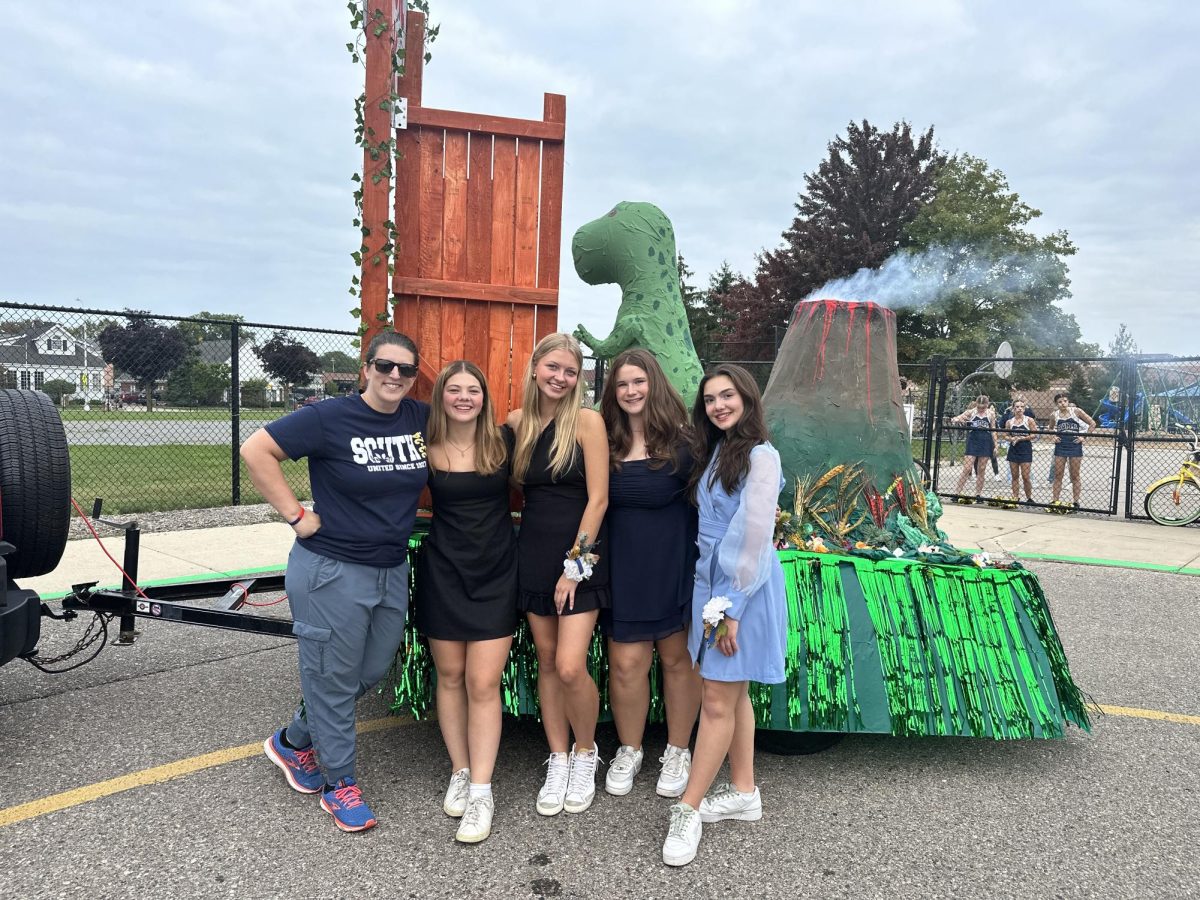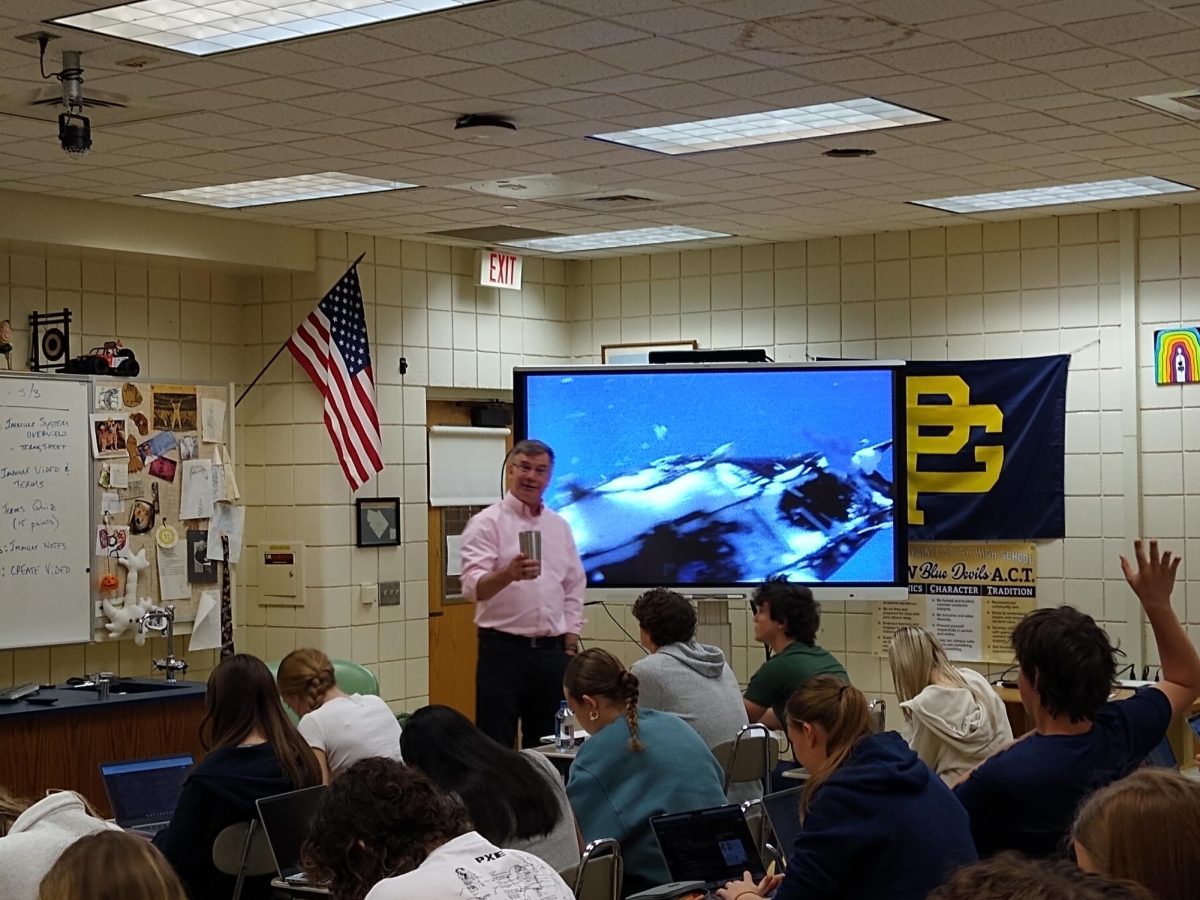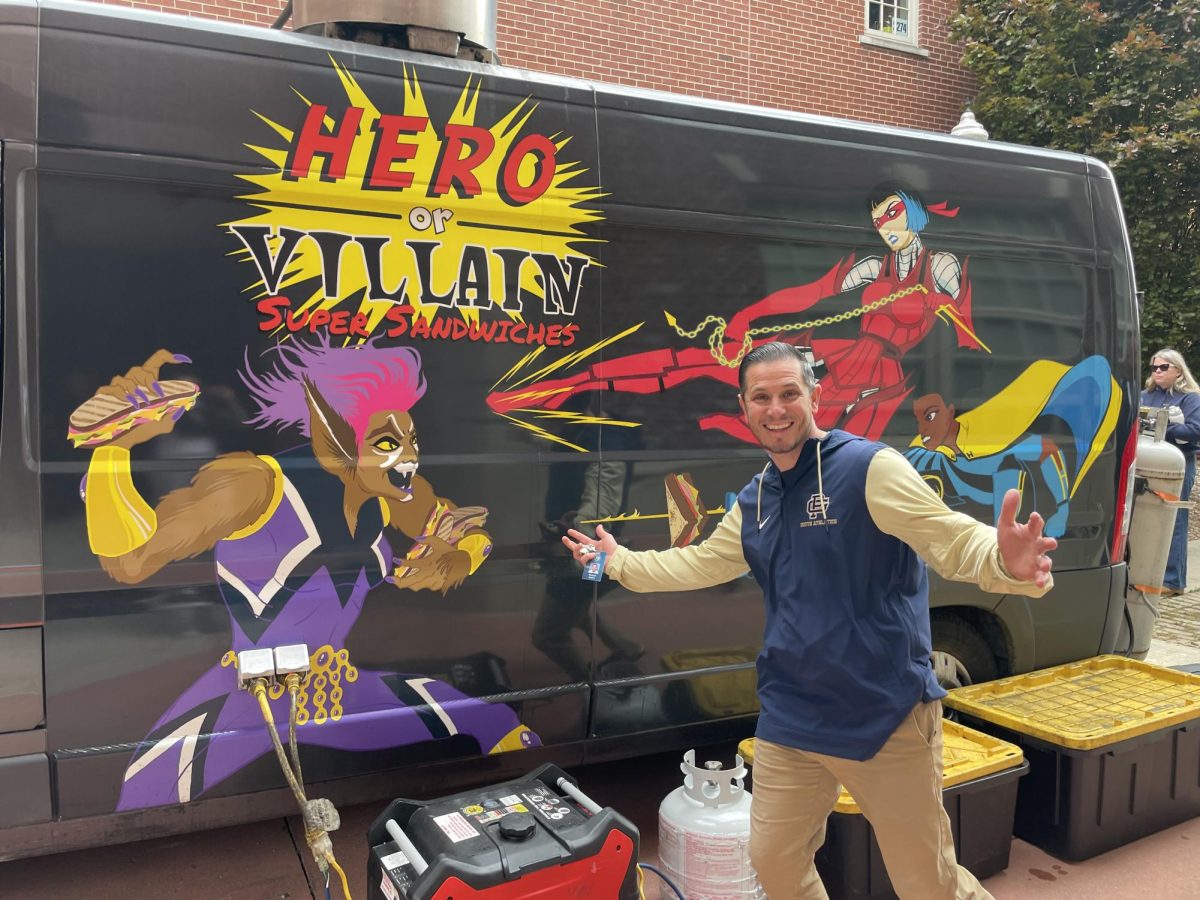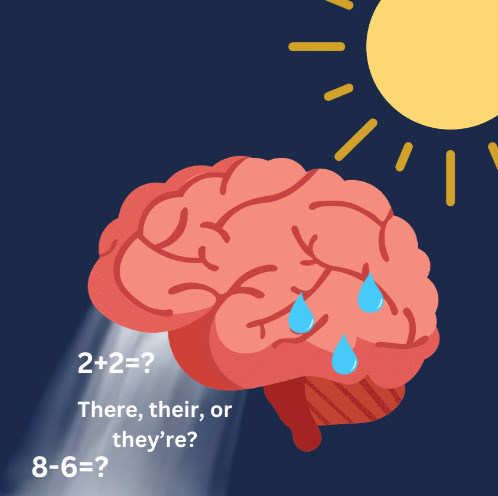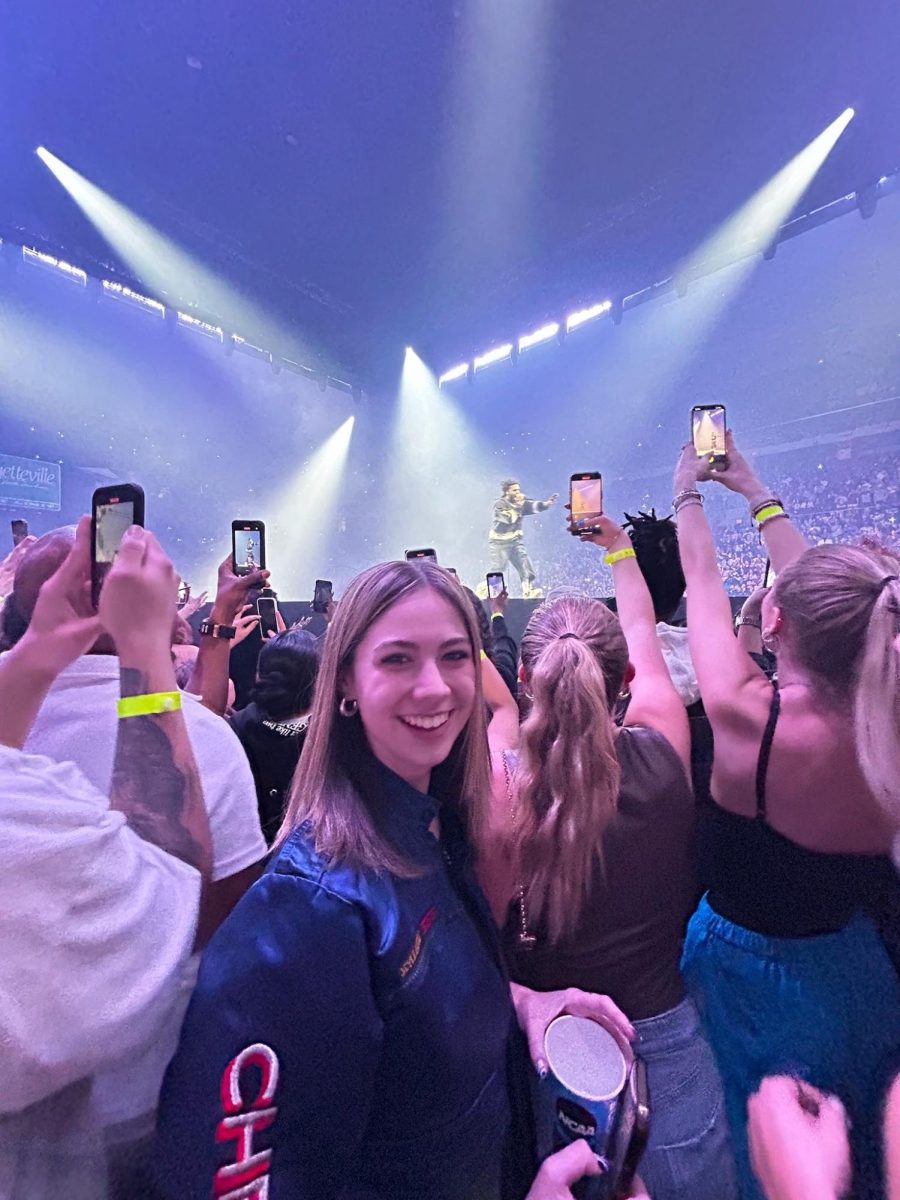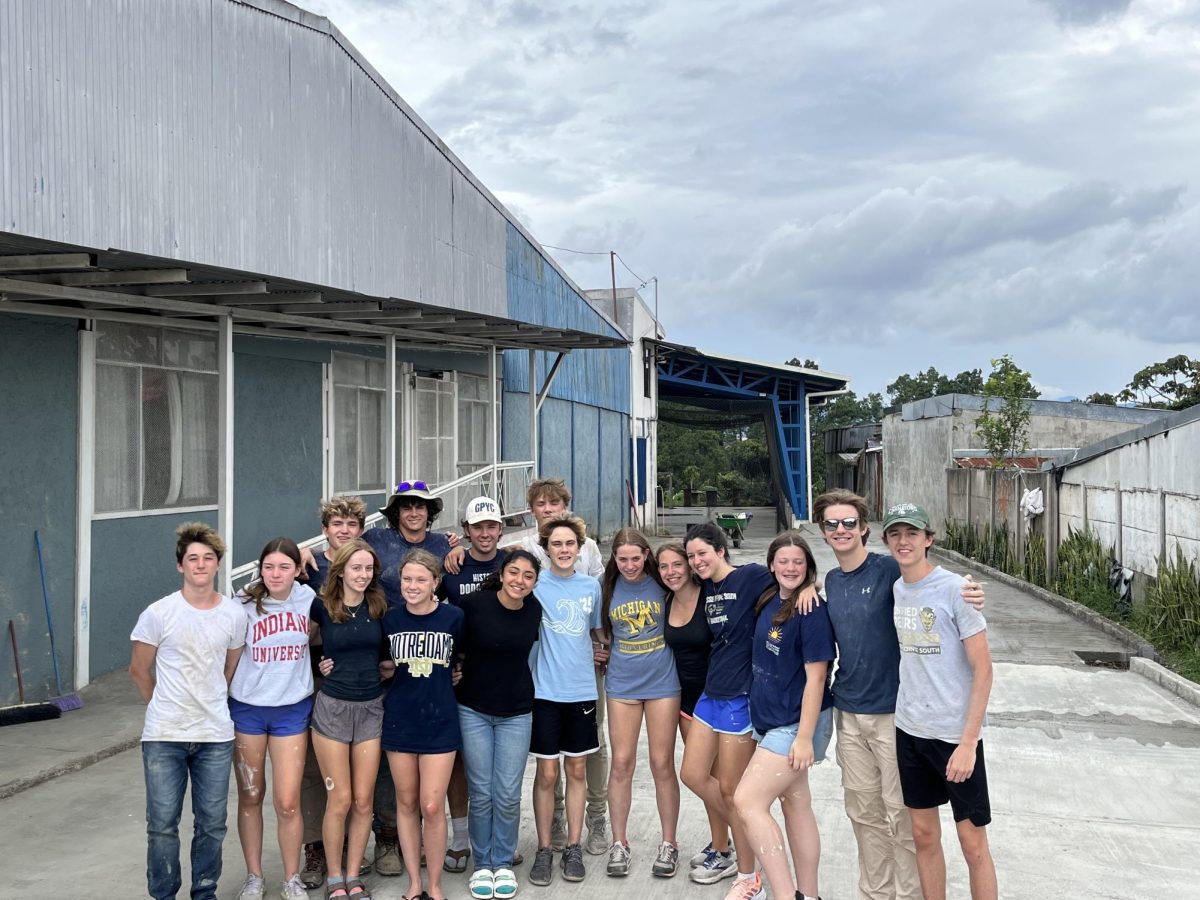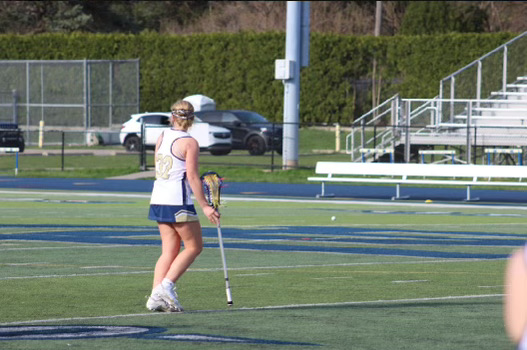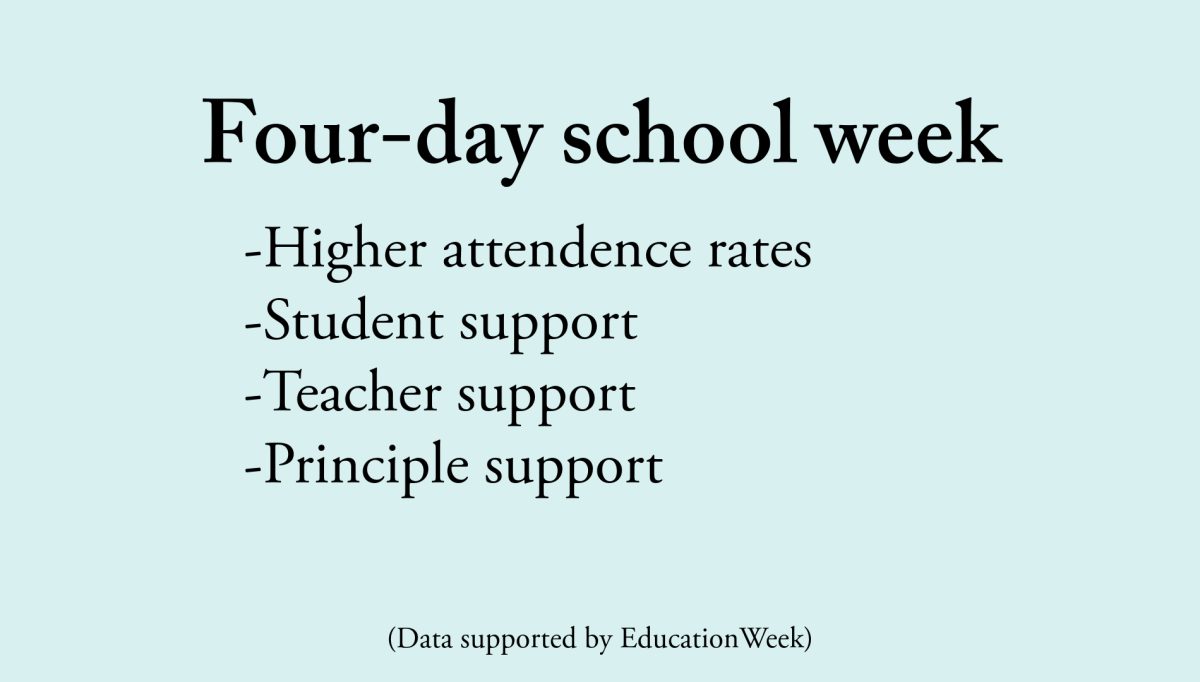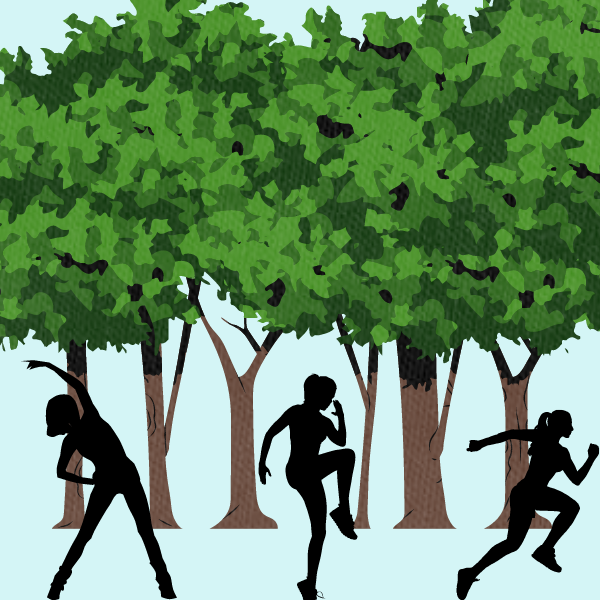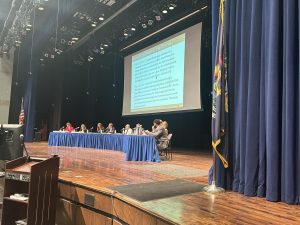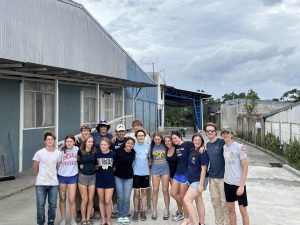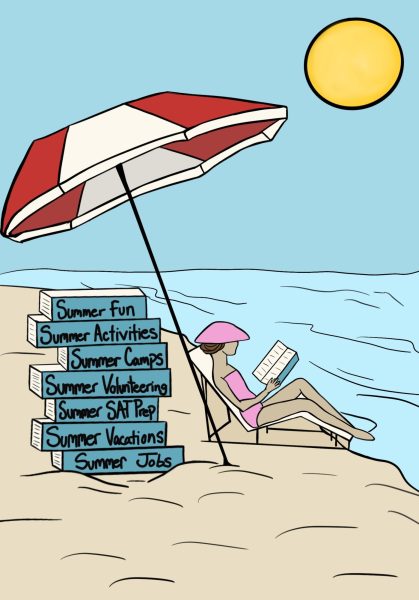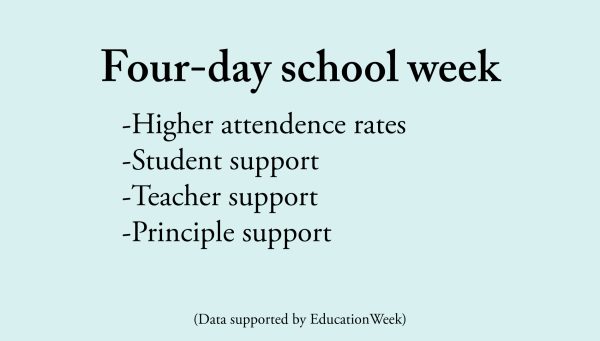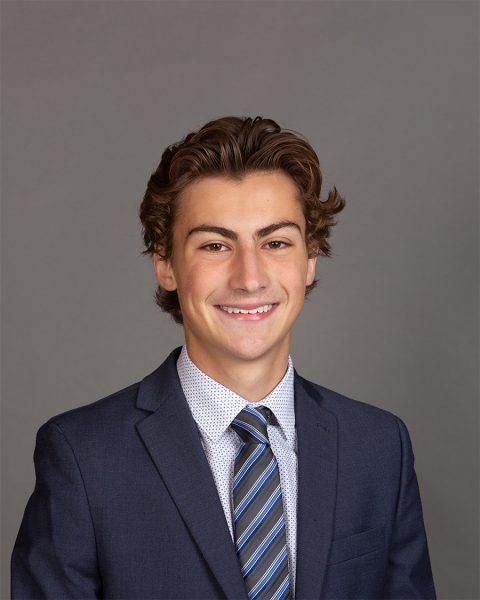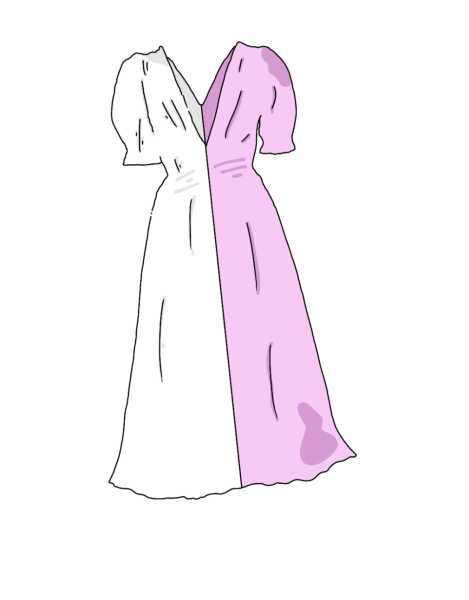The answer to my “Why?”
March 26, 2022
Sometimes people automatically assume that no one will be able to answer their questions, but they didn’t even ask. That’s what I thought too, until I spoke up and asked. The original idea for this column was going to be about pushing for students, who are the wrongdoers in these “racist incidents,” to receive harsher punishments from administration. For example, a white student calling a black student the n-word or 2 years ago the video of two girls saying the n-word back and forth to each other. I decided to sit down and have a talk with Mr. Hamka about this.
After my interview, not only did I leave with my questions answered, but I had a change of heart about how I feel about this recurring problem within the school system.
I have definitely reconsidered my stance on harsher punishments. I no longer will refer to them as “racist incidents,” but as “acts of intolerance.” When an act of intolerance happens, it is all about point of view. You have the wrongdoer, the person who would be labeled as the aggressor. The victim, the person/party being offended and/or attacked. And the bystanders, the people on the outside looking in at the situation. All of them have different opinions and recollections on what happened.
There are lots of things to consider, such as the setting in which the incident took place, the context in which something was said or done and the circumstances of the situation. School Board president Joseph Herd came and talked to the Tower staff for a number of reasons, including the fact that the Board had been brought up in a couple of articles written in the Tower. He was, also, prompted to come, because he felt the board members didn’t go and visit the schools enough. I took my question to Hamka, because Herd informed us that the board doesn’t handle acts of intolerance. The job of the board is to elect a superintendent for the school district and make sure that the candidate is doing their job. The principal(s) at the school in which it happened are the ones who handle the situation.
Herd inspired me to dig deeper and ask if the wrongdoer knows they will face the consequences of their actions, why do these acts of intolerance keep happening?
Just to take the situation apart and put it back together, students learn these behaviors at home. These actions aren’t taught here at South, nor are they tolerated or encouraged.
In most instances, the school has video and, sometimes, photo evidence of these intolerant acts. Being a part of a tech savvy generation, things are easily spread on social media. Hamka and I both agreed that simply having a conversation with one another, celebrating our differences and using them to bring us together can go a long way.

